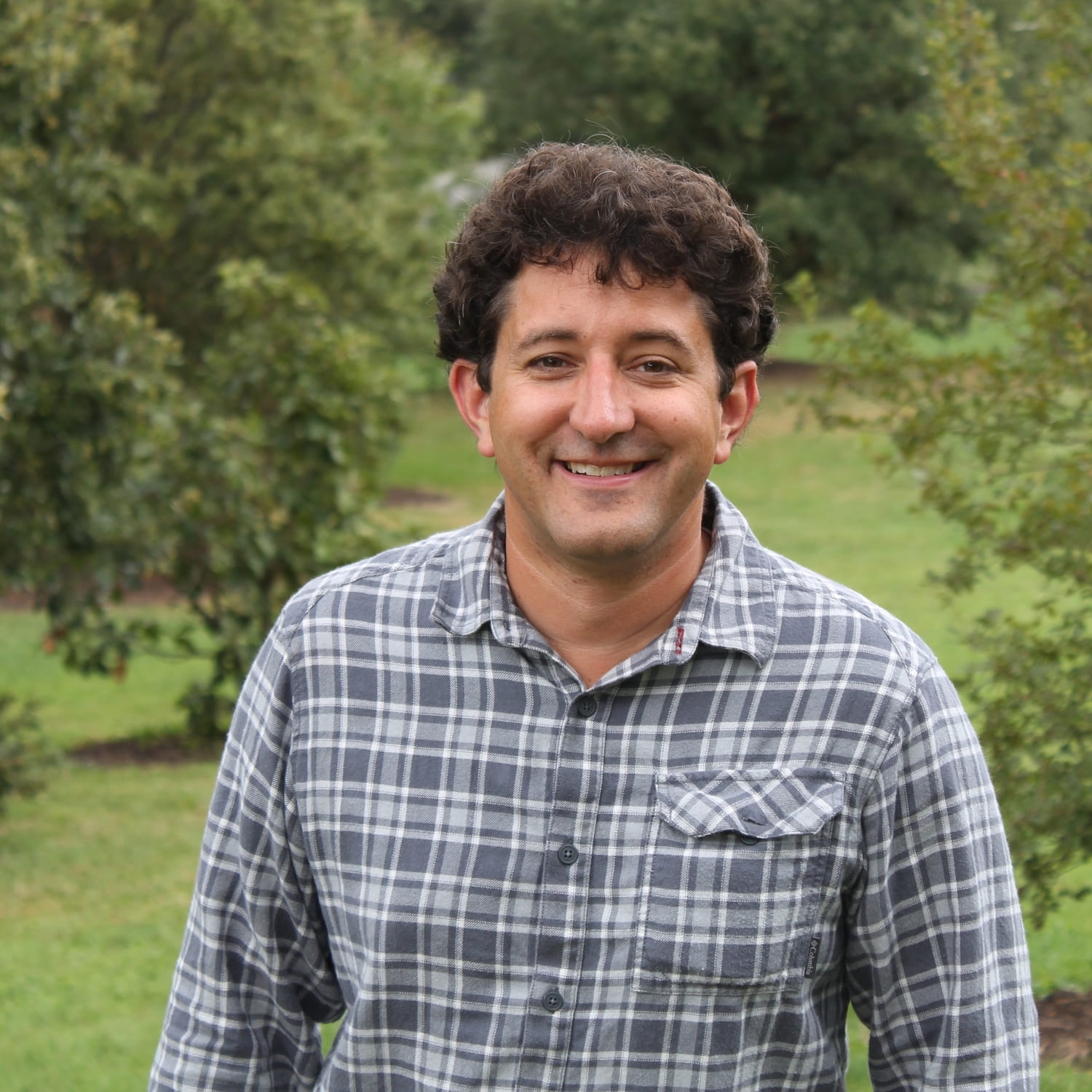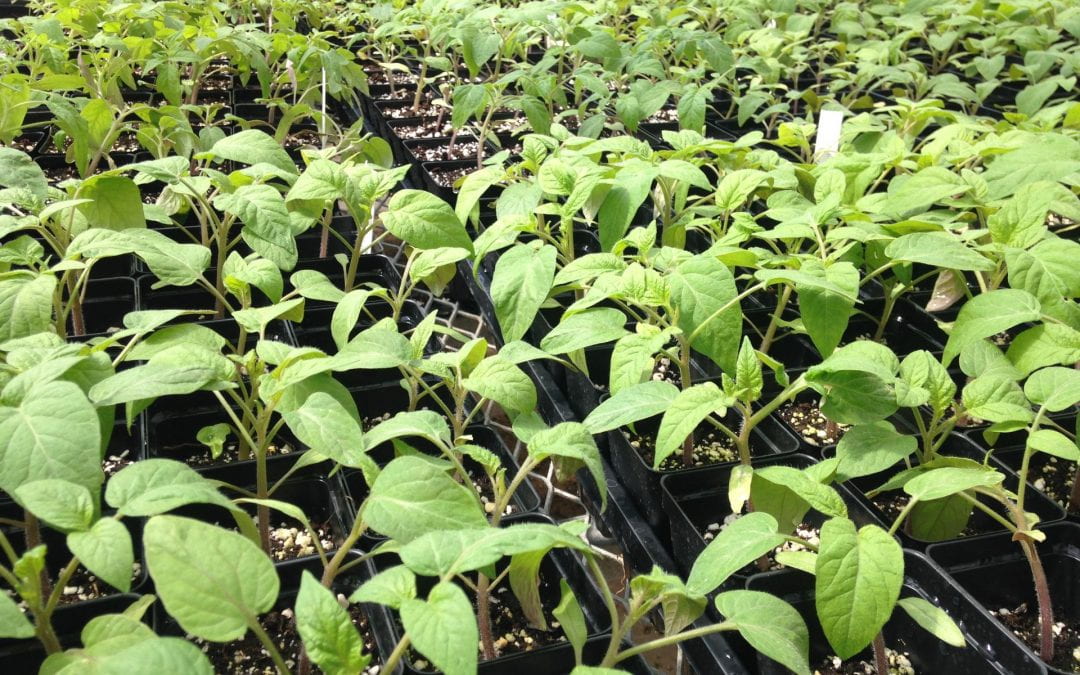The Dr. Keiko Miwa Ross Student Farm and the Rock Ethics Institute welcomed Dr. Michael Mazourek for a virtual presentation about produce diversity in the food system and why it desperately needs our attention.
Dr. Mazourek is a public plant breeder and a Calvin Knoyes Keeney Associate Professor of Vegetable Breeding at Cornell University. He breeds peas, beans, squash, cucumbers and peppers and shares the craft of plant breeding with students, at conferences and through Also Seeds (@alsoseeds on Instagram). He is also the co-founder of Row 7 Seeds, which provides diverse food options for the public.
Dr. Mazourek’s eye-opening presentation unveiled the importance of producing and eating diverse varieties of vegetables. He explained how plant breeders “create a rainbow” of vegetables with different colors, shapes, textures and tastes. People can choose between different varieties for particular recipes, health benefits and tastes.

Along with offering more options to consumers, diverse vegetables are essential to maintaining crops and feeding the world. For example, when downy mildew resurfaced in cucumbers and threatened masses of crops, Dr. Mazourek was able to use other plant breeders’ information to breed cucumbers that were resistant to the new strain of disease. Plant breeders work to produce genetically diverse vegetables that are resistant to pests, disease, effects of climate change and more. Without maintaining diversity in our vegetables, we risk losing them because they will not be able to respond to these threats.
While it is essential that society produces a variety of vegetables, little diversity is actually grown on a large scale and sold in supermarkets. Produce sections are lined with peppers, tomatoes and cucumbers that look exactly the same. Most consumers have a specific image of what they think a certain vegetable should look like, and supermarkets cater to that. However, only selling one or two varieties of vegetables leaves hundreds of delicious, healthy, bountiful varieties of vegetables off of American plates.
Dr. Mazourek explained that the only way to encourage farmers and supermarkets to invest in a diversity of vegetable varieties is to show that there is a market for them. Consumer purchases are like a “vote” for what vegetables are grown and sold. In order to show companies that we want them to offer sustainable, healthy, diverse produce, consumers need to purchase those types of foods.
A great place for consumers to access a variety of vegetables is at farmers markets. Taking your business directly to the farmers that grow the best vegetables for your preferences, even if they don’t match the standard image of that vegetable, shows seed companies and supermarkets that people want choices in their produce. When gardening, purchasing seeds from local companies that offer many varieties of plants is another great way to influence the market.
“We’re not all farmers anymore, but we still need that public effort in food,” Mazourek said.
So how do we encourage consumers to shop for diverse produce and seeds? Dr. Mazourek recommends using your platforms and contacting media to share the message of why genetic diversity in produce is so important in society. He also said that encouraging celebrity chefs to use diverse varieties in their foods is a great way to introduce the public to different options in a classy, delicious way. Experiencing new produce in a restaurant setting can be an enriching experience if it inspires people to think about what they’re eating.
He also emphasized the importance of having public plant breeder positions across universities, governments and other groups. Public plant breeders have the ability to serve the public by creating the produce that consumers will want and need in upcoming years. Dr. Mazourek has embraced this role by publishing papers explaining how he’s bred certain plants and sharing his seeds with farmers. Very few public plant breeders remain in the United States, so it is essential that people are educated about why they are so needed today.
Dr. Mazourek concluded his insightful presentation by making recommendations for people interested in plant breeding and promoting a food system of diversity and sustainability:
- Read Breed Your Own Vegetable Varieties by Carol Deppe
- Learn about the Open Source Seed Initiative
- Get involved in local agriculture (like the Student Farm!)
We’d like to express our sincerest thanks to Dr. Mazourek for discussing these important issues, as well as all of our farm friends who participated in the event!

